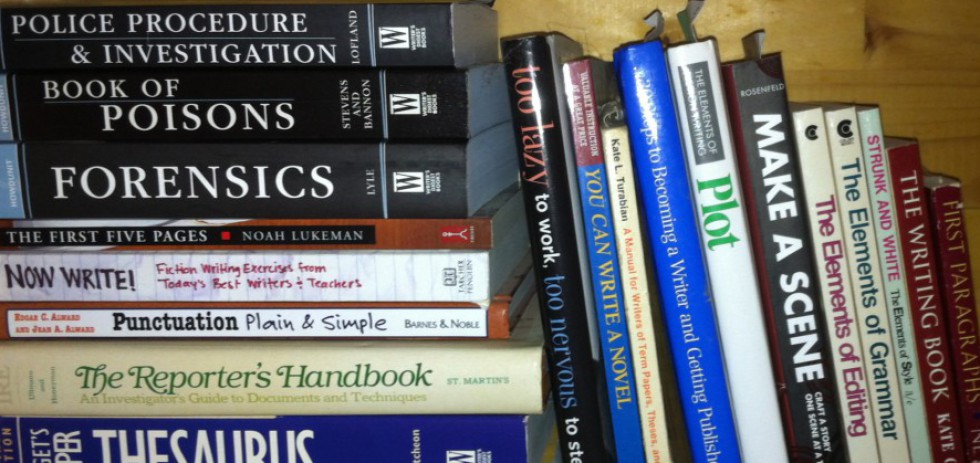By Annette Rey
The full title of the book is Sin and Syntax: How to Craft Wicked Good Prose. I am only through Chapter Four and I am miles smarter than I was before. Ok, so, let’s agree I am miles more informed. And I know of what I speak. My library is full of instructional books on writing and, yes, I have read them. Some stand out from the others, but I’d say this one leads the pack.
Constance Hale has command of the English language and uses that skill to generously inform her audience. She includes grammatical detail without fogging the facts with superfluous words. She smoothly weaves correct English usage among short pieces of the works of other authors, and adds appropriate and entertaining quotes. She deftly demonstrates participles and other language conundrums so they can be understood. The way she illustrates the parts of speech in a piece of work illuminate the idea bulb above my head, and old mysteries are made clear.
Ms. Hale uses terms like “adjective-polluted” and sentences like: Adverbs are crashers in the syntax house party.
I suggest buying the book just to passionately (oops! adverb!) treasure pages 64-70. If you love fluent use of the English language, you will understand why I want these pages, this book, in my personal book collection.
The book reads like a story, not like a manual or guide or boring instructional course. I am immersed in the book and can’t put it down. At the end of chapter four is a directive from Ms Hale, an exercise, to write of a turbulent sky. I chose this moment to write of a sky view I have seen, so beautiful, I did not want to minimize it by my feeble attempts to describe it. Yet, on her directive, I did so. And I accomplished a great thing. I wrote that sky.
Study this book. Enjoy this book. It will make you a better writer.
It’s a book I look forward to reading again.










